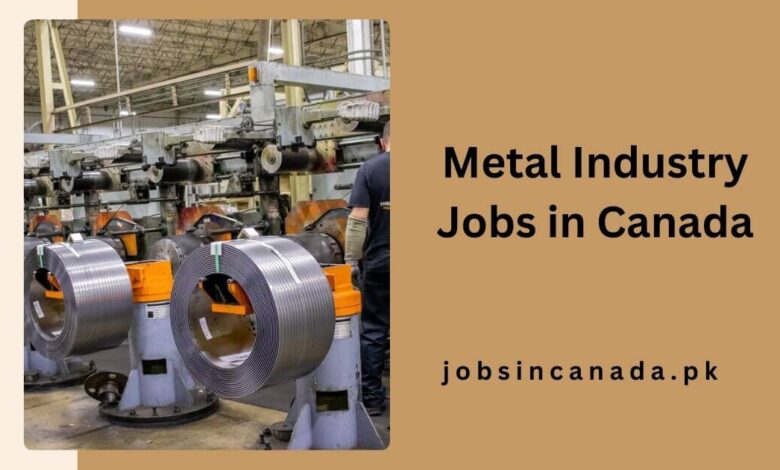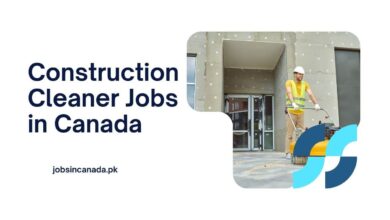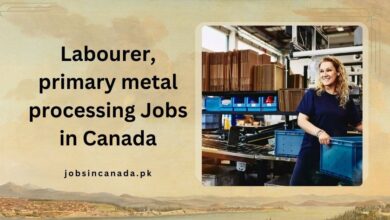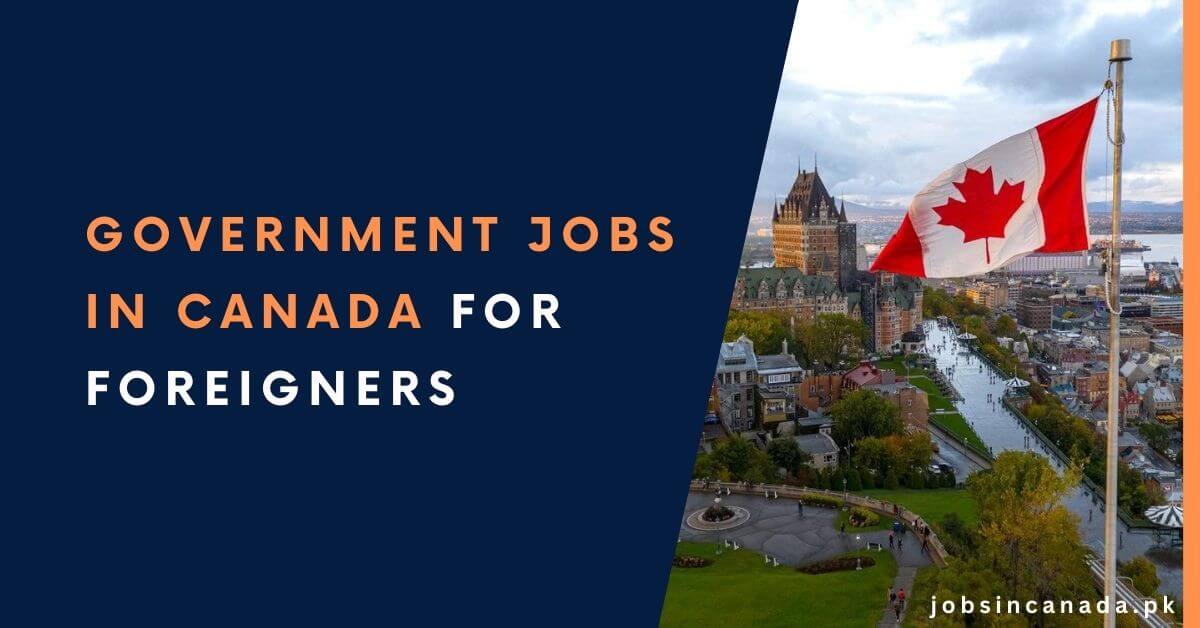Metal Industry Jobs in Canada 2025 -Apply Now

The Canadian metal industry is thriving, offering a variety of employment opportunities, including engineering and fabrication. With the industry’s expansion, finding a suitable job can be both exciting and challenging. Navigating this competitive labor market requires effective job search strategies.
The metal industry’s output significantly influences Canada’s economy, producing a wide range of products, from heavy equipment to car components.
Check Also: Jobs in Canada with Visa Sponsorship – No Experience
This guide will walk you through the most critical methods for securing employment in Canada’s metal industry, including networking opportunities and understanding the necessary qualifications.
Canada’s Metal Industry Overview:
Canada’s industrial sector is heavily influenced by its robust metal industry. This sector values sustainability and innovation, providing diverse professional opportunities. The industry’s production is crucial to the Canadian economy, covering a wide range of products, such as industrial machinery and automotive components.
Key industrial processes include extraction, mining, refining, and production. As technology advances, automation, robotics, and metallurgy are becoming increasingly important. The primary economic sectors driving the Canadian metal industry include:
- Automotive Manufacturing
- Aerospace
- Construction
- Oil and Gas Extraction & Processing
These sectors create a high demand for skilled professionals in various occupations.
Top 10 Most In-Demand Metal Industry Jobs in Canada 2025:
The following table outlines the most sought-after positions in Canada’s metal industry, including their National Occupational Classification (NOC) codes and average annual earnings (according to Canada’s Job Bank):
| Job Title | NOC Code | Average Annual Salary (CAD) |
|---|---|---|
| Mechanical Engineers | 21301 | 116,569.51 |
| Industrial Electricians | 72201 | 103,719.49 |
| Sheet Metal Workers | 72102 | 94,291.13 |
| Tool and Die Makers | 72101 | 80,822.14 |
| Machinists | 72100 | 77,717.77 |
| Welders | 72106 | 75,429.08 |
| Structural Steel Fitters | 72104 | 72,738.61 |
| Metal Fabricators | 72104 | 66,868.78 |
| Metal Finishers | 95101 | 57,922.95 |
| Metal Casting Technicians | 94101 | 42,451.50 |
How to Get a Job in Canada’s Metal Industry?
Step 1: Identify Your Career Path
Choose a role that matches your interests, education, and experience. Common job titles include welder, fabricator, machinist, metallurgist, quality control inspector, and industrial mechanic.
Step 2: Highlight Your Skills & Qualifications
Ensure you meet the necessary qualifications, including technical skills (e.g., welding certifications, machining expertise) and soft skills (e.g., communication, teamwork, problem-solving). Emphasize relevant experience in your resume and cover letter.
Step 3: Prepare a Canadian-Standard Resume & Cover Letter
Your application materials should be visually appealing and tailored to each job. Use job description keywords and quantify achievements to improve your chances of passing applicant tracking systems.
Step 4: Build a Professional Network
Attend industry events, trade shows, and conferences. Join online forums and LinkedIn groups to connect with industry professionals and potential employers.
Step 5: Search Job Boards & Company Websites
Regularly check job portals such as:
- Monster Canada
- Indeed
- Glassdoor
- Canada’s Job Bank
Step 6: Consider Temporary or Contract Work
Short-term positions can help you gain industry experience and expand your network, potentially leading to permanent employment.
Step 7: Utilize Recruitment Agencies
Recruitment firms specializing in industrial and manufacturing placements can help match you with job opportunities.
Step 8: Stay Updated on Industry Trends
Keep up with emerging technologies, materials, and industry advancements through webinars, workshops, and professional associations.
Step 9: Choose the Right Location
Certain Canadian provinces and territories have higher demand for metal industry jobs:
- Ontario: Largest concentration of metal industry jobs
- Quebec & Alberta: Strong automotive and energy sector presence
- British Columbia & Manitoba: Growing shipbuilding and agricultural equipment industries
Benefits:
- Job Security:
High demand across multiple sectors - Competitive Salaries:
Earnings increase with experience and specialization - Career Growth Opportunities:
Potential advancement to supervisory or management roles - Hands-On Work:
Practical and technical job environment - Skill Development & Training:
On-the-job learning and certifications - Union Representation:
Many positions offer job security, benefits, and fair wages - Exposure to Cutting-Edge Technology:
Robotics, automation, and CNC machinery - Immigrant-Friendly Pathways:
Programs recognizing international qualifications - Comprehensive Benefits:
Health, dental, and retirement benefits
How to Obtain a Work Permit for Canada’s Metal Industry?
A Canadian work permit, issued by Immigration, Refugees, and Citizenship Canada (IRCC), allows foreign workers to be legally employed in the country. Common types of permits include:
1. Employer-Specific Work Permit
- Requires a valid job offer
- Employer may need a Labour Market Impact Assessment (LMIA)
2. Open Work Permit
- Allows employment with any Canadian employer
- Often issued to spouses of international students or workers
3. Program-Specific Work Permits
- Issued through programs like the International Mobility Program (IMP)
Steps to Apply for a Work Permit:
For professional assistance, consider consulting an immigration expert or an RCIC-authorized representative.
For More Info:
Email Your CV, and We’ll Find the Best Pathway For you: info@jobsincanada.pk
Frequality Asked Question:
-
What does the metal industry do?
The metal industry processes ferrous (e.g., steel) and non-ferrous (e.g., aluminum, copper) materials for use in various products.
-
What is a metalworking job?
Metalworking involves shaping and forming metals to create tools, parts, and structures through techniques such as welding, cutting, casting, and molding.
-
What is the job description of a metal worker?
Metal workers operate machinery, weld, cut, solder, and braze metal components to manufacture industrial parts and structures.




